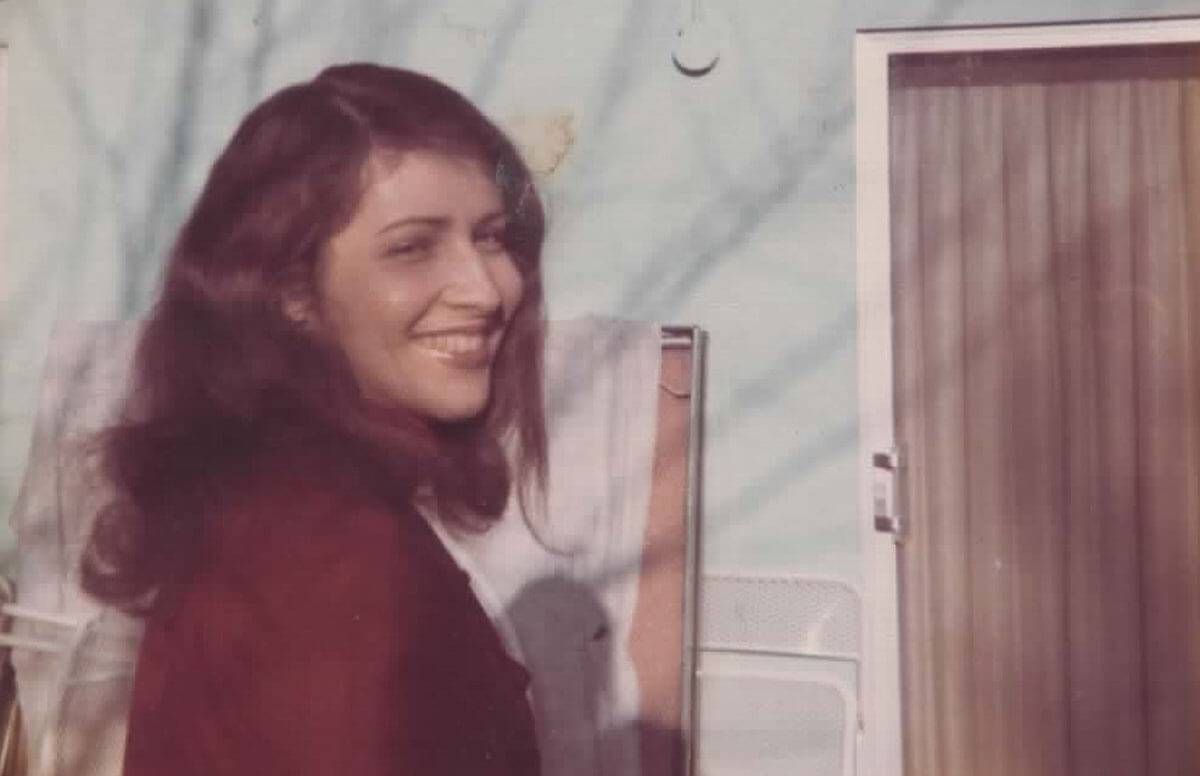7 Ways to Honor a Loved One's Memory
Create the meaningful tradition that's right for you
When my mom passed away, having established guidelines for my early grieving process was a relief, giving me concrete steps to take and tasks to do. Several years on, my grief is different — less sharp, but still punctuated with unexpected moments and feelings that catch me off guard. I’ve found myself wishing for more traditions and rituals for this stage, and more opportunities to remember and celebrate her life.

It’s healthy for us to discuss and celebrate our deceased loved ones' lives, yet in the United States (and many other countries around the world) we don’t leave much space for the grief that exists beyond the initial mourning period. We rarely acknowledge that our loved one’s absence and influence on our lives never dissipates, and neither does the grief.
Adding that space into our lives is not only healing, it allows the people close to us to get to know us more fully — especially the part of us that was influenced by the person who passed away — and the deceased loved one’s legacy to continue on.
Coming to terms with death and honoring life are not easy. Wherever you are in your grief, allow yourself the time to figure out what will work for you.
I’ve come to realize that I can create my own traditions and rituals, and that maybe it’s actually better this way because it’s more personal and meaningful. I’ve also been surprised to discover that I already had established some customs, I just hadn’t recognized them as such. You may find the same is true for you.
Here are seven practices that might work well for your grief:
1. Reserve a remembrance day for them every year.
Similar in spirit to Dia de los Muertos, but without the cultural appropriation. Create your own holiday on their birthday or other significant date and spend time sharing stories and eating and doing things that remind you of the person you are missing.
On my mom’s birthday, I like to talk about and surround myself with some of her favorite things, like chocolate and anything turquoise. Her birthday is particularly significant because she loved that she was born on April’s Fool Day and liked to celebrate for as long as possible. Her birthday also reminds me of how she would celebrate mine — by getting out my baby book and remembering the day I was born. I now do the same thing with my kids because I want them to feel as cherished as I did on my birthday, and as she did on hers.
2. Remember them during life events like weddings, births, anniversaries and holidays.
Their absence is especially felt at those big life events that you expected them to be there for. Instead of lingering on the silence, include them in your big day.
At a friend’s wedding, the groom honored his recently deceased father by leaving an open chair with his dad’s picture on it next to his mother. His mother also spoke about their joint wishes for their son, and how proud of him they both were.
During the birth of my second child, the pain of contractions slipped away when I said my zen word: Mommy.
3. Plant something in their honor and watch it live and grow.
You’ll find this on a lot of people’s lists of ideas for memorials, and it’s often done early in the grief process. I don’t think it matters when it’s done, though. For me the significance lies in choosing a flower, tree or plant your loved one liked, so every time you walk past it you’re reminded of him or her; of all the times they talked about roses, sniffed roses and practically inhaled roses while praising their perfumed scent. There’s also the joy of watching a plant that reminds you of your loved one take root, grow and blossom and to be as teeming with life as the person once was.
4. Finish any projects they were working on.
Maybe he never finished the family genealogy project, or the piles of photos never made it into albums. My mom was working on a color-pencil-by-number when she got sick. Adding to it made me feel like we had worked on a project together. If you can’t find anything like that, read a book they loved, do an activity they enjoyed or learn a skill they had. By getting into their headspace, you’ll feel closer to him or her.
5. Reach out to family and friends and ask them about what your loved one was like before you knew them.
Gather as many of them as you can in one location and record them talking about your loved one. Or if that’s not feasible, ask them questions over the phone and/or via email. I recently tracked down some of my mom’s lifelong friends and asked them to tell me what she was like growing up, in college and at other times. They had unique perspectives on her life that neither my family nor my experiences could have given me. Hearing how much they appreciated and loved my mom was something I didn’t know I needed to hear until I heard it.

6. Keep memorabilia somewhere visible.
Pick an item of theirs that makes you happy and place it in a spot where you can’t help but notice. It will become woven into your daily life, receding into the background and returning to the forefront when applicable. In my bedroom, just to the right of my side of the bed, I keep a painting of my mom and aunt that my grandmother did. In it, they are both young, but my mom looks like the adult version I knew, just a little more vibrant. It serves as a conversation piece for me and my kids, and a reminder of how much my daughter looks like my mother.
7. Organically incorporate storytelling into your life.
When doing mundane things like chores, driving in the car or cooking, share your memories of your loved one doing the same things. For instance, you could let your kids, friend or partner know that your mom loved going to the library and finding new books to read... or hated cooking, so you were raised on microwave meals. If you have kids and want them to know what that person was like in both the big and small moments, this is an especially easy and organic way to do that.
Coming to terms with death and honoring life are not easy. Wherever you are in your grief, allow yourself the time to figure out what will work for you. Be patient with yourself as your grief changes over the years. This process is as difficult as it is important, allowing us to be more honest with ourselves and make peace with both deep loss and our own mortality.

